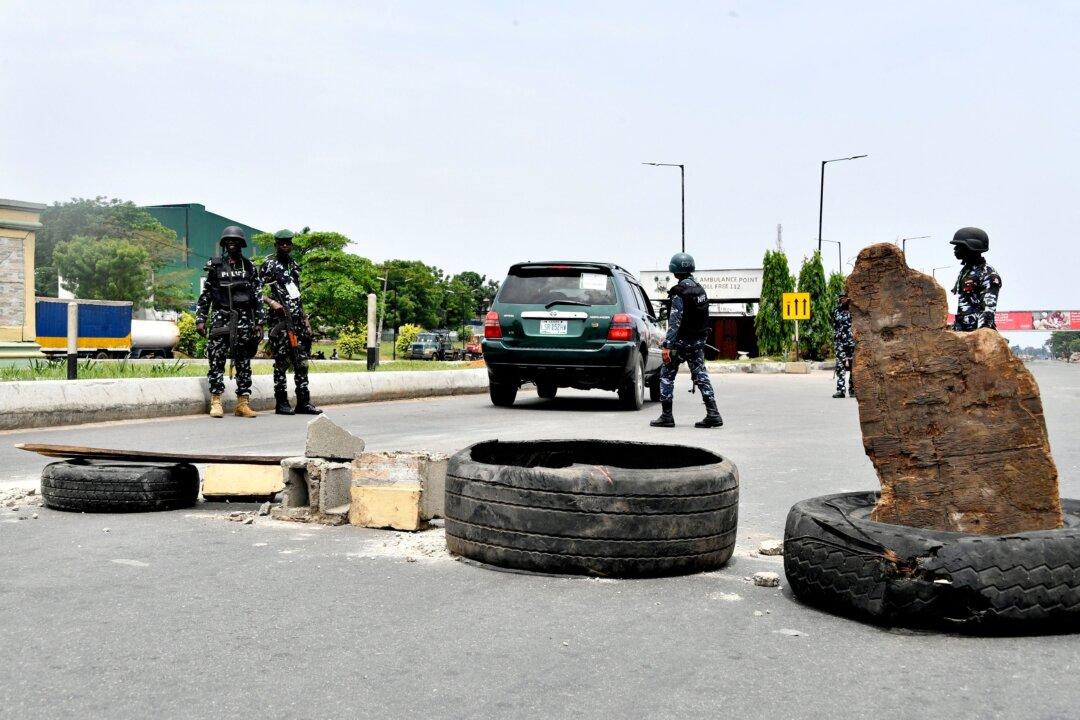Africans are less optimistic about democracy than they’ve been in decades.
In surveys this year, many Africans even indicated they would give up the right to vote in exchange for jobs and good governance, according to Afrobarometer, an independent research network that measures public attitudes across the continent.





